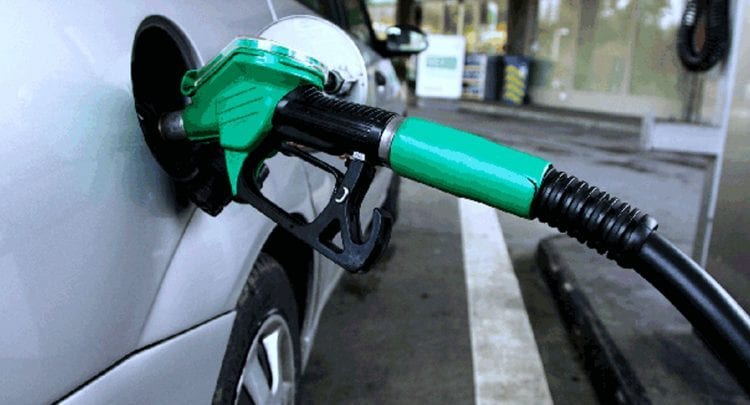
Oil prices have reached their highest level since 2014, as Saudi Arabia announced that it will maintain its voluntary production cuts of one million barrels per day until the end of 2023.
Russia also announced it would extend its export cuts of 300,000 barrels per day for the same period.
The move has boosted the price of Brent crude, the international benchmark, to above $90 a barrel on Tuesday, up more than 12 % since the start of the year.
West Texas Intermediate, the US marker, also rose to $87 a barrel, its highest level in seven years.
The surge in oil prices has implications for the global economy, as higher energy costs could fuel inflation and dampen consumer spending.
It also poses a challenge for Nigeria, Africa’s largest oil producer and exporter, which relies on oil revenues for about half of its budget and 90% of its foreign exchange earnings.
Nigeria has been struggling with the impact of fuel subsidy removal, leading to higher fuel prices surging by over 400%.
Higher crude oil prices could likely lead to higher fuel prices, piling more pressure on the government to assist millions of Nigerians who have seen their purchasing power dissipate.
Experts, however, argue that on the positive side, higher oil prices could boost Nigeria’s oil revenues and improve its fiscal position.
According to them, it could enable the government to increase its spending on infrastructure, health and education, which are crucial for economic growth and development and help reduce borrowing and debt servicing costs.
